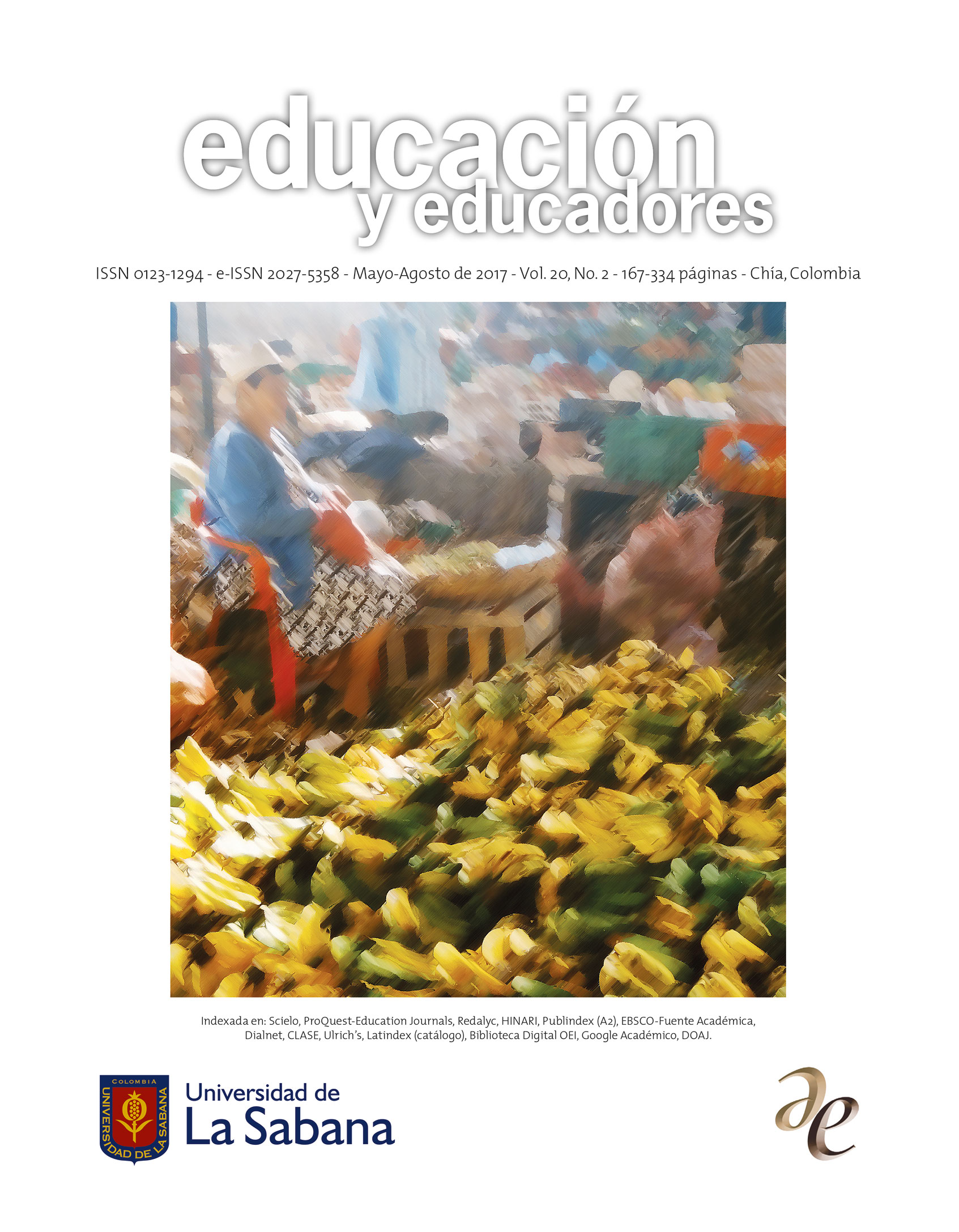The Influence of Emotional Intelligence and Affection in the Teacher-Student Relationship on the Academic Performance of College Students
DOI:
https://doi.org/10.5294/edu.2017.20.2.2Keywords:
University teaching, emotional intelligence, pedagogical affection, higher education, academic performanceAbstract
The study is intended to describe how emotional intelligence and pedagogical affection influence the academic performance of first semester college students between 16 and 24 years of age. It is based on a mixed method that involves the collection, analysis and binding of quantitative and qualitative data centered on a convergent parallel design. The results show that emotional intelligence influences the ability to solve problems, to relate to others, to work as part of a team, and to achieve selfrealization, goals and purposes in life. As for how pedagogical affection influences students’ academic performance, it can be concluded that the emotions manifest by teachers generate behavioral changes in students that influence their learning.
Downloads
Published
How to Cite
Issue
Section
License

This work is licensed under a Creative Commons Attribution-NonCommercial-NoDerivatives 4.0 International License.
1. Proposed Policy for Journals That Offer Open Access
Authors who publish with this journal agree to the following terms:
-
This journal and its papers are published with the Creative Commons License CC BY 4.0 DEED Atribución 4.0 Internacional. You are free to share copy and redistribute the material in any medium or format if you: give appropriate credit, provide a link to the license, and indicate if changes were made; don’t use our material for commercial purposes; don’t remix, transform, or build upon the material.










